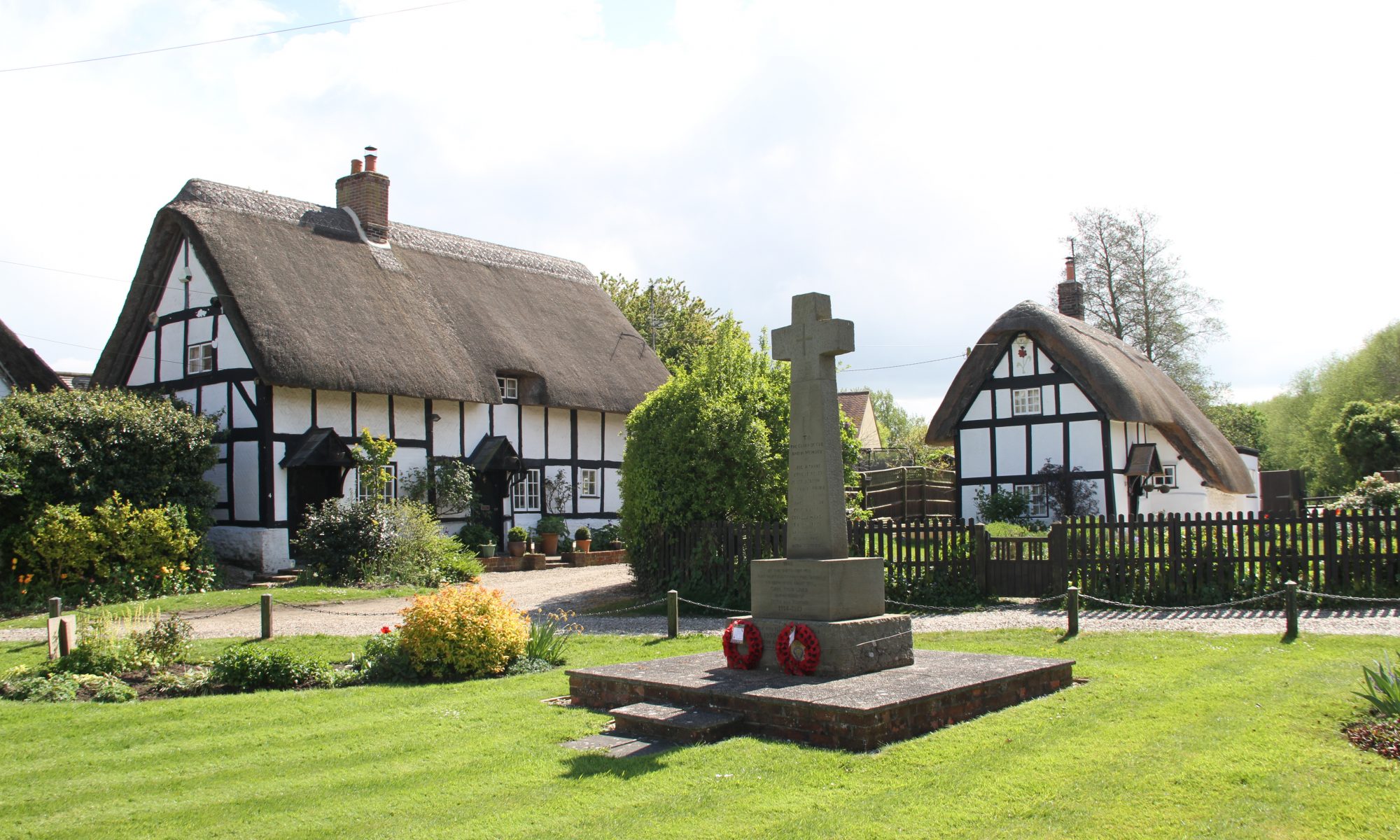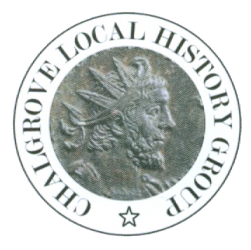Jackson’s Oxford Journal – Saturday, June 14, 1862
Petty Sessions – Watlington Division – Watlington, June 7
Before F.E.S. Viret, Esq., H.B. Reynardson, Esq., and the Rev. C.V. Spencer.
Important Decsision – Church Bells
John King and Thomas Smith, of Chalgrove, appeared to answer the complaint of the Rev. R.F. Lawrence, Vicar of Chalgrove, of riotous and violent conduct, by entering and being in the parish church of Chalgrove, on the 25th of May, for the purpose of ringing the bells, contrary to his wish and authority. Mr Bartlett, solicitor, of Abingdon, appeared for the defendants, and Mr. Lawrence conducted his own case. Mr Bartlett objected to the jurisdiction of the Magistrates, and contended that it was a case for the Ecclesiastical Courts, but his objections being over-ruled by the Bench, Mr. Lawrence then proceeded, and said that the proceedings were taken under the 2nd section of 23 and 24 Victoria, cap. 32, an Act passed expressly to abolish the jurisdiction of the Ecclesiastical Courts in certain cases of brawling, whereby it was enacted that any person guilty of riotous, violent, or indecent conduct, in England or Ireland, in any cathedral, church, parish or district church or chapel of the Church of England and Ireland, whether during the celebration of divine service or not, or in any church yard or burial ground, shall, on conviction thereof, before two Justices of the Peace, be liable to a penalty of not more than £5. for every such offence, or may, if the Justices think fit, be committed to prison for any time not exceeding two months. He submitted that, although there had been no personal violence, there had been sufficient to bring it within the jurisdiction of the Bench, and adduced cases to prove that the defence that would probably be attempted to be set up, viz. that the offence was committed under the sanction of one at least of the Churchwardens, was not tenable in law; this led to some little altercation between him and Mr. Bartlett, which was terminated by the Bench being satisfied with the cases produced. The Rev. gentleman then put in the 88th Canon, and a copy of some instructions that had been sent to the various parishes of the diocese in 1858 by the Chancellor of the Diocese, together with his own certificate of his induction in 1832 into the Vicarage of Chalgrove, which fully proved his right to the freehold of the church, and so gave him the right to exclude all persons from any part of the building out of hours of divine service; he then, by his own evidence, and by that of R. Billings, a parishioner, proved that on the 25th of May the defendants, with some others not charged, went into the belfry of the church by unlawful means, and did ring the bells, notwithstanding a previous caution, and persisted in doing so, though called upon to desist by the Vicar. Mr. Bartlett then attempted to set up a custom, and endeavoured to make it appear that the Vicar was acting tyrannically, but it came out in evidence that during the 30 years Mr. Lawrence had been Vicar he had not interfered with the ringers until a short time previous to Christmas last; that the rule be then laid down, that there should be no ringing on Sundays, except for public occasions, was forced upon by the very gross misconduct of the ringers, who refused to stop ringing when he was catechizing the children in church before the service, and insulted him on requesting them to desist. On the 25th of May they got access to the tower by a fake key, and forced a shutter to one of the belfry windows, threatening to use greater violence if again obstructed.
The Magistrates then retired, but shortly returned into Court, when Mr. Viret said that the Bench were unanimous that the case had been proved, that it was a very bad one, that it was clear that no one whatever had any right in the church out of divine service without the consent of the Vicar, and that the defendants ought not to have been there, and ought to have left on being requested by Mr. Lawrence, that they had gained access to the tower by unlawful means, and had been guilty of conduct towards their clergyman that could not be justified. The Bench were, however, unwilling to punish with rigour, and would only fine them 1s, and full costs, 11s each.
Mr. Bartlett then gave notice of appeal, but the fine and costs were subsequently paid.
Dr. Phillimore’s instructions, as far as they relate to this case are: – “The Incumbent to whom is given the cure of the souls of the parishioners is their natural, though not their necessary, advisors on the temporal affairs of the parish. The law imposes upon him the duty of presiding over the assemblies of their vestry and regulating its proceedings. To him the law entrusts the custody of the keys of the church, and the freehold of the soil of the church yard both indeed in the lawful use of the parishioners; also, all that relates to the ordering of the service, the singing, chanting, the use of the organ, the ringing of the bells.”

